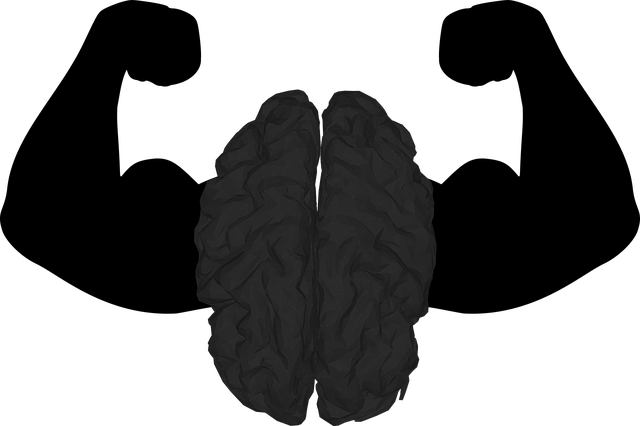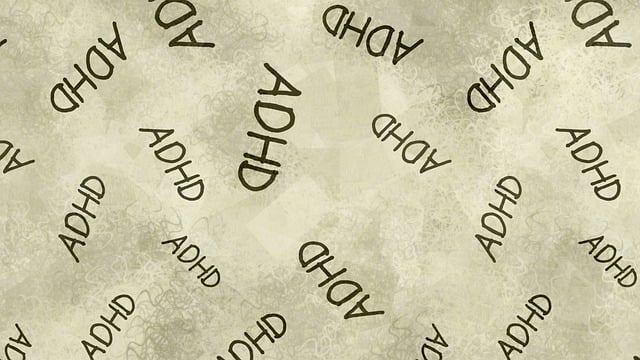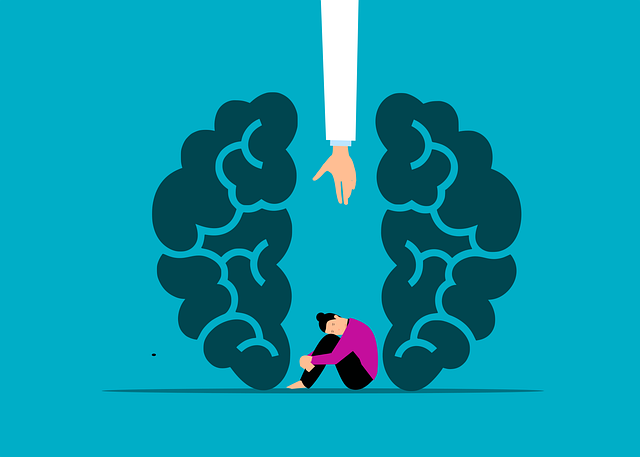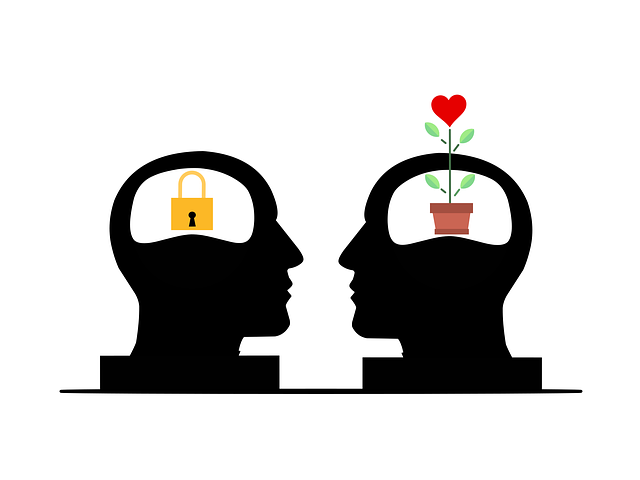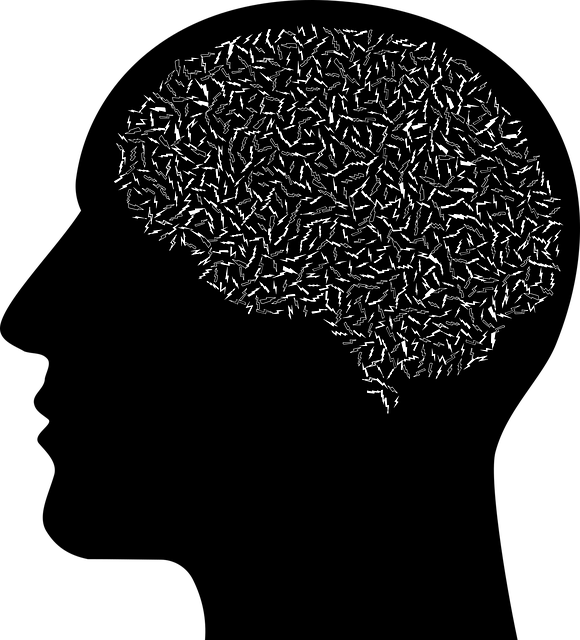Coping skills are essential for older adults in geriatric care, as they manage stress and maintain emotional balance. Northglenn Geriatrics Therapy emphasizes their role in enhancing quality of life and overall well-being. Healthcare providers can prevent burnout and foster compassionate care by developing effective coping strategies, including communication and emotional regulation techniques. The holistic approach of Northglenn Geriatrics Therapy addresses unique challenges with tailored coping skills development, such as mental wellness journaling and exercise guidance. This comprehensive method creates a supportive environment, empowering seniors to effectively navigate life's complexities. Integrating mindfulness practices and regular physical activity guided by Northglenn Geriatrics Therapy experts is vital for mental well-being in aging.
Coping skills are essential for maintaining mental well-being, especially in geriatric care. This article explores their significance and provides insights into effective coping skill development through strategies employed by Northglenn Geriatrics Therapy. We delve into specific techniques integrated into daily routines, offering practical tips from experts at Northglenn Geriatrics Therapy. Understanding and cultivating these skills can enhance quality of life for seniors, promoting resilience in the face of challenges.
- Understanding Coping Skills and Their Significance in Geriatric Care
- Strategies for Effective Coping Skills Development at Northglenn Geriatrics Therapy
- Integrating Coping Techniques into Daily Life: Tips from Northglenn Geriatrics Therapy Experts
Understanding Coping Skills and Their Significance in Geriatric Care

Coping skills are essential tools for older adults, especially those in geriatric care settings. Understanding these skills involves recognizing how individuals manage stress, navigate challenges, and maintain emotional balance. At Northglenn Geriatrics Therapy, we emphasize the significance of coping strategies as a means to enhance quality of life and overall well-being.
In the context of healthcare, particularly for healthcare providers, developing effective coping skills is crucial to prevent burnout. Communication strategies and emotional regulation techniques play a pivotal role in this process. By incorporating these strategies, geriatric care professionals can better support their patients while maintaining their own mental and physical health, ensuring a more sustainable and compassionate care environment.
Strategies for Effective Coping Skills Development at Northglenn Geriatrics Therapy

Northglenn Geriatrics Therapy offers a holistic approach to coping skills development tailored to the unique needs of older adults. Recognizing that mental wellness is integral to overall health, our therapy team employs strategies such as mental wellness journaling and exercise guidance to empower individuals in managing stress and promoting resilience. Through these practices, patients can explore their emotions, cultivate positive thinking patterns, and discover healthy coping mechanisms that enhance their quality of life.
Furthermore, we integrate conflict resolution techniques into our programs, teaching clients effective communication skills to navigate interpersonal challenges respectfully. Additionally, cultural sensitivity is at the core of our mental healthcare practice, ensuring that all therapeutic interventions are inclusive and respectful of diverse backgrounds. This comprehensive approach fosters a supportive environment where older adults can develop robust coping strategies, ultimately improving their ability to cope with life’s complexities.
Integrating Coping Techniques into Daily Life: Tips from Northglenn Geriatrics Therapy Experts

Integrating coping techniques into daily life is a key aspect of mental well-being, and Northglenn Geriatrics Therapy experts are here to guide you. At Northglenn Geriatrics Therapy, we understand that coping skills development isn’t just about managing stress; it’s about fostering emotional resilience and enhancing overall quality of life, especially as we age. Our therapists work closely with individuals to tailor coping strategies that align with their unique needs and preferences.
One effective tip is to incorporate mindfulness practices, such as meditation or deep breathing exercises, into your morning routine. These simple yet powerful tools can help reduce anxiety and set a calm tone for the day ahead. Additionally, regular physical activity, whether it’s a gentle walk in nature or participating in a favorite hobby, serves as an excellent outlet for stress relief and depression prevention. By making these practices part of your daily habits, you’ll be better equipped to navigate life’s challenges, promoting smoother emotional healing processes.
Coping skills development is a vital aspect of geriatric care, enabling seniors to navigate life’s challenges with resilience. As demonstrated by Northglenn Geriatrics Therapy, combining understanding with practical strategies can significantly enhance quality of life. By integrating coping techniques into daily routines, individuals can improve their emotional well-being and maintain independence. For those seeking support, the expertise offered at Northglenn Geriatrics Therapy serves as a valuable resource, providing effective tools for managing stress and promoting overall mental health in later years.

